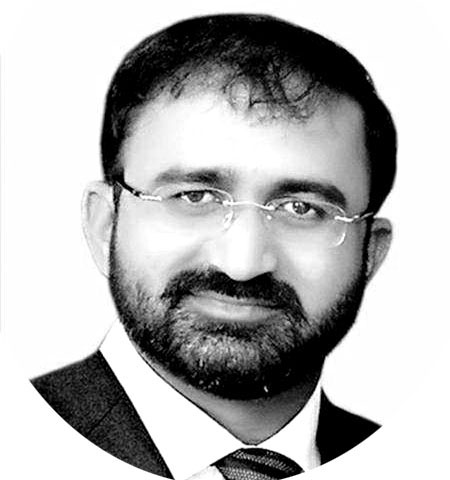Dialogue with acceptance of religious values
GLOBAL and regional political, economic and social development, in recent years, has troubled the relationship between Western, European and Islamic societies strongly and manifold.
Throughout the world, people are witnessing unsettling changes. Non-Muslims and Muslims alike became victims of terror and violence by people pretending to act “in the name of Islam”.
Misunderstanding and prejudice seem to grow on both sides even though information systems and means of communication are highly sophisticated.
The starting point of dialogue initiatives is the conviction that although religion and religious identity have increasingly gained importance, regional conflicts must not be understood simply as culturally or religiously motivated.
Lack of mutual understanding must be overcome by dialogue. Strengthening pluralism within societies and reducing prejudices and foe images be it in West or in Muslim countries – also play a crucial role.
Dialogue, therefore, must not refrain from controversies, must endure open debates in order to make the complexity of the issue at stake transparent and enable different perceptions still safeguarding the universal acceptance of human rights and fundamental freedoms.
Real dialogue is possible only in the presence of mutual knowledge and acceptance of cultural and religious values.
Accepting others must mean more than tolerance—it should mean accepting them as members of the community without necessarily any loss of their unique identity. Such mutual acceptance should integrate both sides’ values into a culturally richer community.
Where there is respect, there will be willingness and even readiness to integrate some of those values to enrich one’s own cultural and religious values.
Such respect for others requires certain knowledge of the others’ history and culture, ways of life, and other factors. Thanks to developments in communication technology, such knowledge is now easily available.
Interfaith and intercultural dialogues seek to reach a better mutual understanding and to engage in common activities. Its main attitude is reconciliation in order to create a better and more peaceful world, to share the world’s resources more equally, and to help the underprivileged.
Doctrinal, communal, or religious union should not be the real aim; rather, we should work for union in collaboration to do something together, to rise above discussions on doctrinal and ceremonial similarities and differences.
Such union in collaboration is possible only in diversity and in conserving as much as possible of our own identity in an increasingly homogeneous world.
These are converging not contradictory developments. This is true for nations and countries where borders are becoming less important or even disappearing, and also for religions.
It seems evident that such a union can be realized only by collaborating with each other in a common global range of activities. Some scholars say that intercultural dialogue is one of the major medicines to overcome humanity’s common ills.
Our world’s durability depends, to a great extent, on the promotion of intercultural dialogue. We at the Community in Pakistan also believe that establishment of dialog environments is a means to appreciate diverse opinions and eliminate the stereotypes often assigned to “Others”.
In that respect, we need to educate non-Muslims about Islam and Muslims about other faiths to establish mutual understanding and tolerance.
To achieve this end, we invite and encourage sharing of various perspectives, partnership with other religious and cultural organizations and we organize educational activities such as seminars, lectures and discussion panels, all of which inspire and illuminate us in our endeavour to fulfil our mission.
—The writer is PhD in Islamic Studies, author and academic writer & lecturer at NUML, Islamabad.










